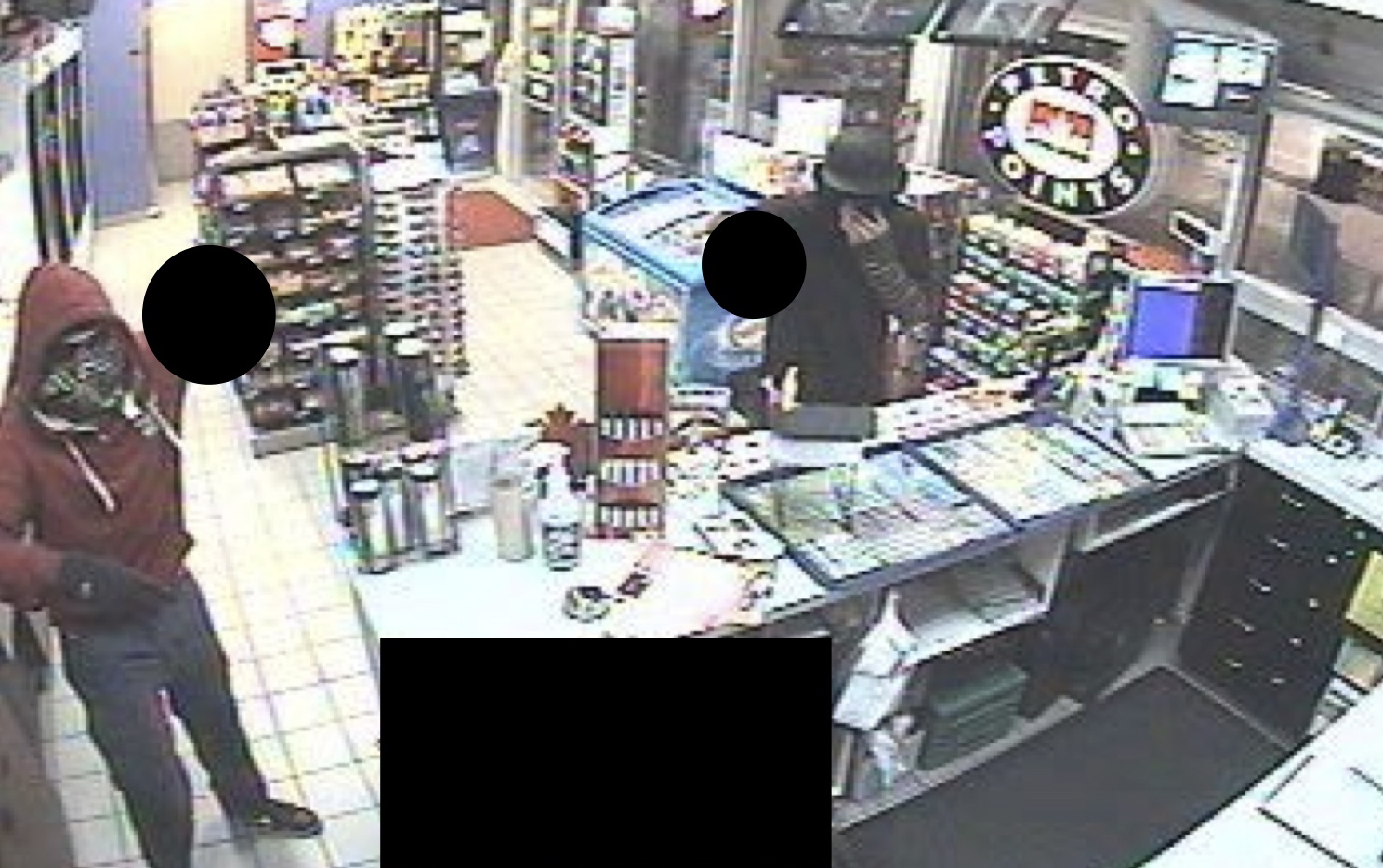Difference between revisions of "Security issue: Raid"
| Line 15: | Line 15: | ||
* [[valuables]] |
* [[valuables]] |
||
* deserted times |
* deserted times |
||
===Socioeconomic circumstances=== |
|||
Although there is no real scientific consensus with respect to the causal relationship between the [[The economics of crime#Socio-economic causes of crime|socio-economic background]] and property crime like robberies or raids, Australian research for example shows that long term unemployment amongst young male adolescents has a substantial effect on property crime rates<ref>See, ''e.g.'': Chapman, B., D Weatherburn, C.A. Kapuscinski, M. Chilvers and S. Roussel (2002). ''Unemployment duration, schooling and property crime''. CEPR Working paper</ref>. |
|||
Enthorf and Spengler(2002)<ref>Entorf, H., H. Spengler (2002). Crime in Europe; Causes and Con-sequences. Springer-Verlag Berlin</ref> find that planning-intense offences like breaking and entering, robbery (raids) and violence respond relatively slow to changes in the socio-economic conditions compared to other types of crime like drug and alcohol abuse and violent crime. According to the authors, this may reflect that in a first response to unfortunate social and economic developments some of the affected might become attracted to alcohol and drug abuse, which in a later phase has to be financed with criminal activities by committing property crimes like breaking and entering. |
|||
== Impacts == |
== Impacts == |
||
Revision as of 15:39, 3 December 2012
Contents
Security issue: Raid
Raid is the crime of taking or attempting to take something of value from a commercial venue by force or threat of force or by putting the victim in fear. For the crime of forceful theft from individuals, see robbery, for the crime of burglary by forcing entrance by use of ramming with vehicles, see Ram raid.
Description
- Commercial venues: shops
- By force or threat of force (examples)
- Statistics, types of shops
- Motive: financial gain
Attributing circumstances
- Secluded location
- Limited personnel
- valuables
- deserted times
Socioeconomic circumstances
Although there is no real scientific consensus with respect to the causal relationship between the socio-economic background and property crime like robberies or raids, Australian research for example shows that long term unemployment amongst young male adolescents has a substantial effect on property crime rates[1].
Enthorf and Spengler(2002)[2] find that planning-intense offences like breaking and entering, robbery (raids) and violence respond relatively slow to changes in the socio-economic conditions compared to other types of crime like drug and alcohol abuse and violent crime. According to the authors, this may reflect that in a first response to unfortunate social and economic developments some of the affected might become attracted to alcohol and drug abuse, which in a later phase has to be financed with criminal activities by committing property crimes like breaking and entering.
Impacts
- economic
- psychological
Measures
- surveillance
- reaction force
- target hardening
- Access control
- Reducing attractiveness (no money in register)
- increasing chance of apprehension
Footnotes and references
MAP
<websiteFrame> website=http://securipedia.eu/cool/index.php?concept=Security issue: Raid width=100% border=0 scroll=auto align=middle </websiteFrame>
<headertabs/>
